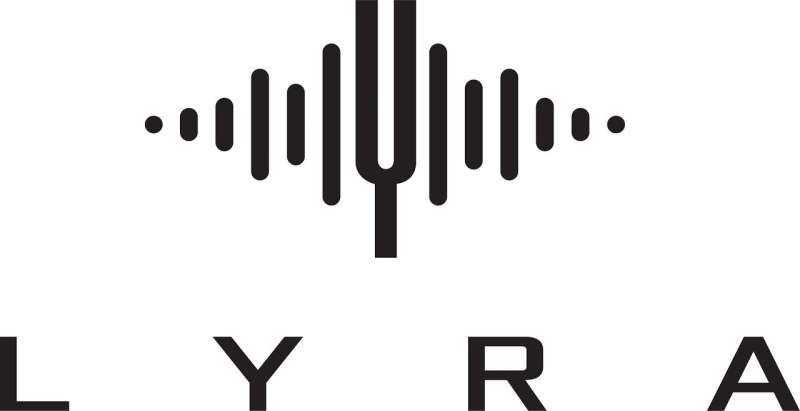April 7, 2021 report
Google Lyra will enable voice calls for another billion users

During 2020, the COVID-19 pandemic has showcased the immense importance of online communication. Regardless of location and network connectivity, communication technology has come into play more than ever before.
In response to the increased need for digital communication, Google released Lyra in February of 2021, an innovative audio codec that uses machine learning to enable high-quality voice calls. In fact, determined to make Lyra the best it can be, Google has made the product open source, inviting other developers to operate their own communication apps and equip Lyra with powerful new capabilities.
Developers can use Lyra to encode and decode audio, as the tool runs on the 64-bit ARM Android platform, including development on Linux. As the codebase continues to expand, developers aim to integrate the product with multiple platforms to accommodate a widening user community.
The Lyra architecture includes two pieces: an encoder and a decoder. When a user speaks into their phone, the encoder registers unique aspects from their speech. Also known as features, these speech aspects are processed in chunks of 40 MS and then compressed to be sent over the network. The developer then has the responsibility to revert the features back to an audio waveform that can play out over the listener's phone speaker. A machine learning general model then decodes the features back into waveform.
Indeed, Lyra is actually quite similar to traditional audio codecs that have essentially provided the backbone of the Internet for decades. However, while traditional codecs have relied upon digital signal processing techniques (DSP), Lyra takes a step further by using the generative model to create a high-quality voice signal.
Google Duo's new audio technology Lyra gives people high-quality and reliable audio, even on a 2G network. Hear more from #Android product manager Jamieson Brettle. pic.twitter.com/asAkV3Gi8s
— Android (@Android) March 2, 2021
On-device compute power technology such as Lyra has helped mitigate challenges related to network connectivity. However, in some regions such as developing countries, technology must be adapted as much as possible in order to allow the onboarding of myriad new users. After all, the expansion of telework due to COVID-19 has further increased the need for reliable communication technology capacity.
That is why the open source nature of Lyra seeks to advance accessibility for users. In addition, developers intend for Lyra to offer other advantages, such as archiving large amounts of speech, alleviating network congestion in emergency situations when many people are making calls simultaneously and saving battery power with the computationally inexpensive Lyra encoder.
The Lyra development team opened the product to the open source community on Tuesday, April 6, 2021.
More information: Storus, A., and Chinen, M. "Lyra - Enabling Voice Calls for the next Billion Users." Google Open Source Blog, Google, 6 Apr. 2021, opensource.googleblog.com/2021 … t-billion-users.html
GitHub: github.com/google/lyra
© 2021 Science X Network





















